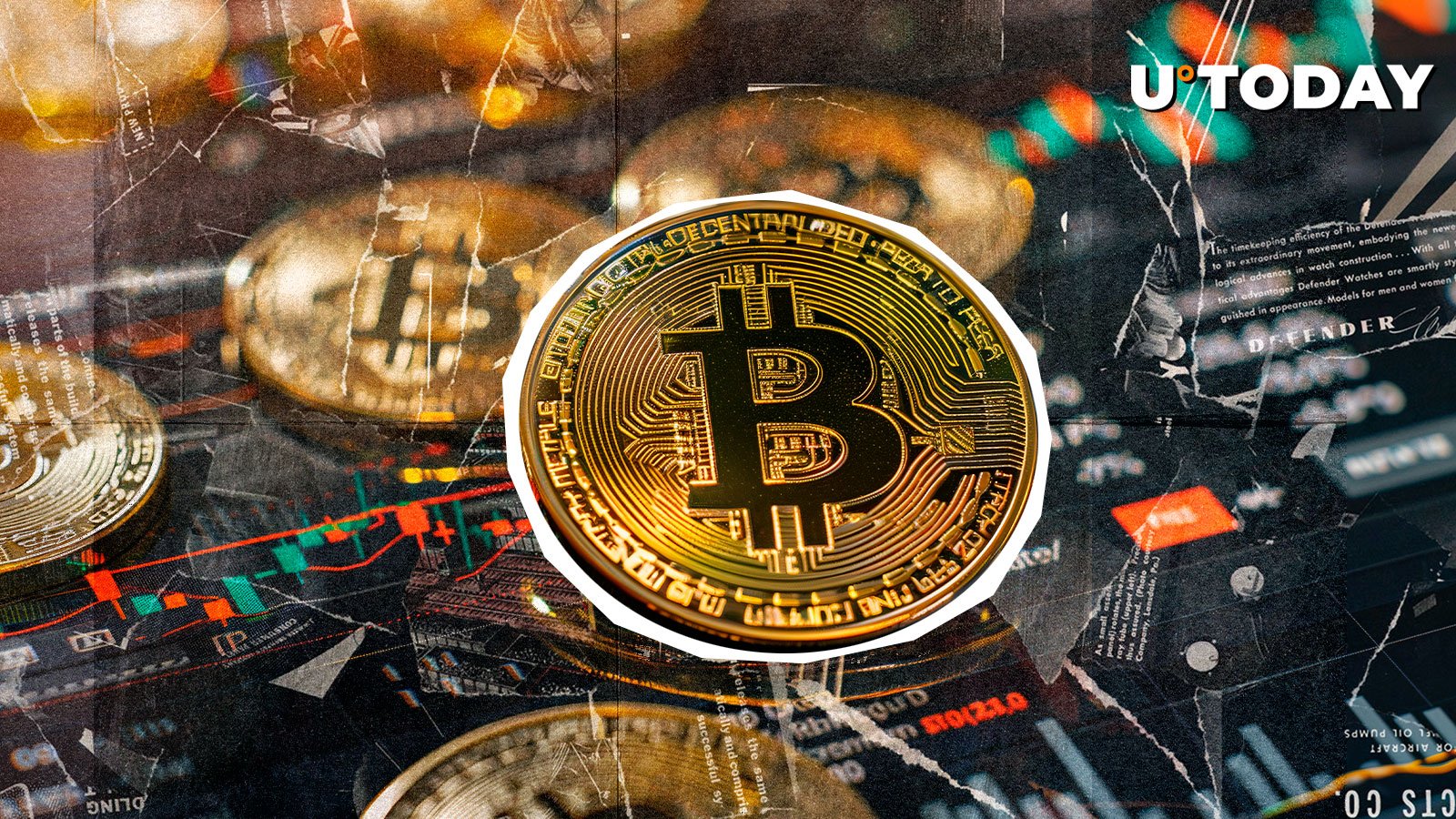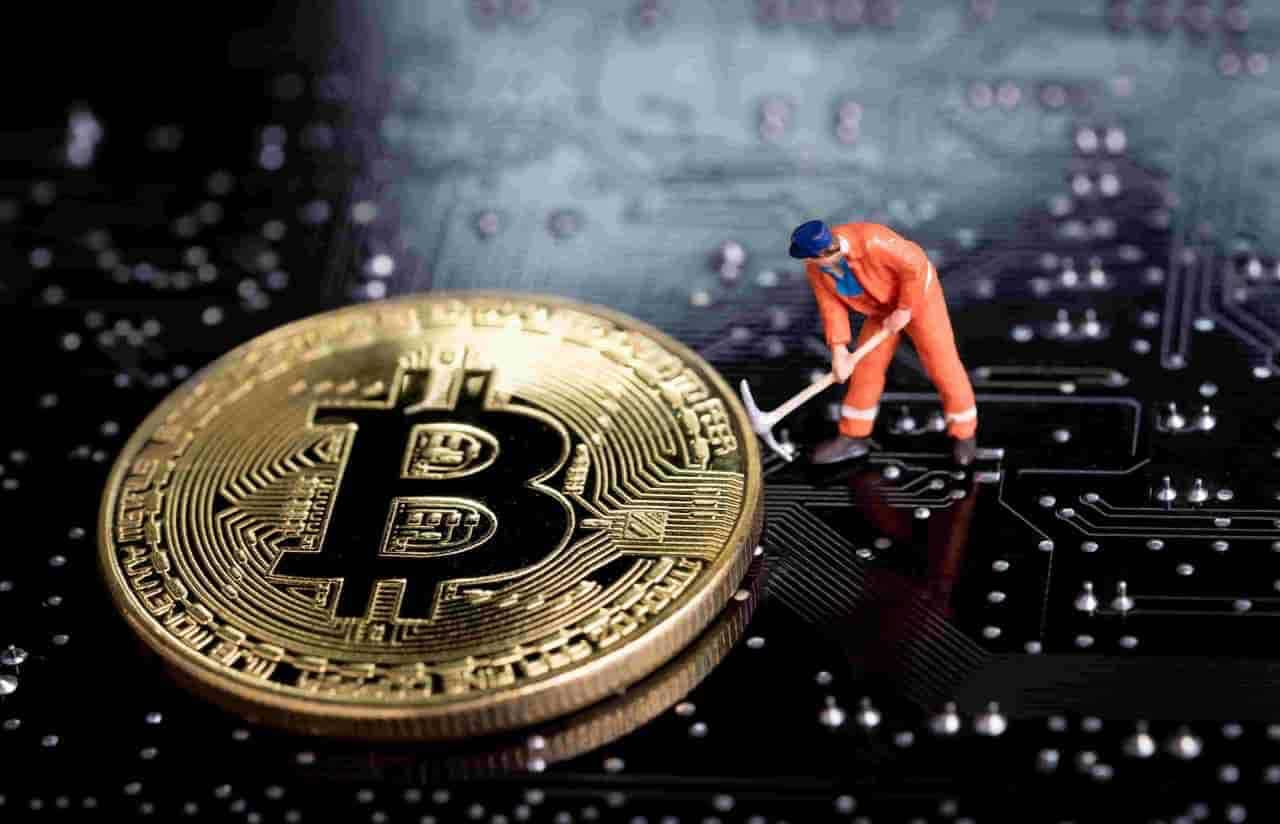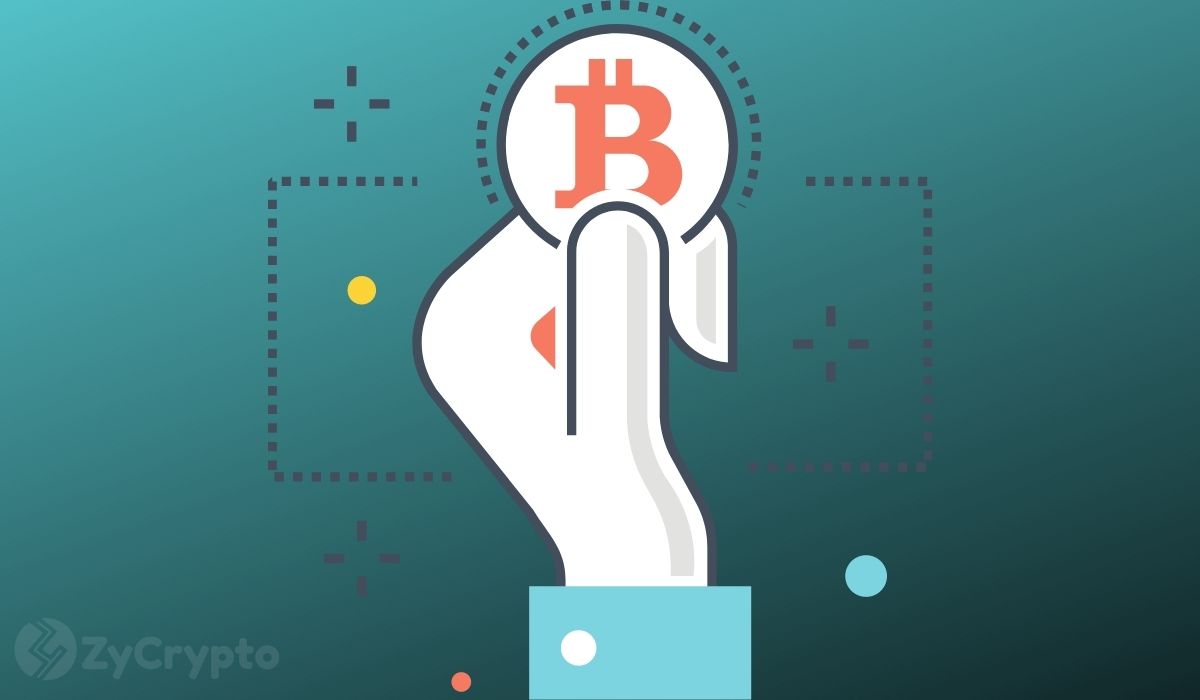The Inevitable Collapse of Bitcoin: A Cautionary Tale
If you’ve been following the world of finance and technology, you’ve likely heard the name Peter Schiff. The renowned economist and radio host has been a vocal critic of Bitcoin and other cryptocurrencies for years. According to Schiff, the digital currency is nothing more than a house of cards, waiting for the numbers to stop going up and the inevitable collapse to occur.
The Case Against Bitcoin
Schiff’s skepticism towards Bitcoin is rooted in his belief that it lacks intrinsic value. Unlike traditional currencies, Bitcoin does not have a physical form or a central bank backing it. Instead, its value is derived from the faith and trust of its users. Schiff argues that this makes Bitcoin a speculative asset rather than a true currency.
Moreover, Schiff points to the volatility of Bitcoin’s price as another reason for his skepticism. The value of a single Bitcoin can fluctuate wildly in a short period of time, making it a risky investment. Schiff also criticizes the energy consumption required to mine Bitcoin, which he sees as a wasteful and environmentally unsustainable practice.
The Collapse: What to Expect
So, when will the Bitcoin bubble burst? It’s impossible to say for certain, but Schiff believes that it’s only a matter of time. When the collapse occurs, it could have significant consequences for individuals and institutions that have invested heavily in Bitcoin.
- Financial Losses: Those who have invested in Bitcoin could see significant financial losses if the value of their holdings plummets.
- Regulatory Action: Governments and regulatory bodies could crack down on Bitcoin and other cryptocurrencies, further destabilizing the market.
- Technical Complexities: The collapse could be triggered by technical issues, such as a major security breach or a software bug.
The Impact on the World
The collapse of Bitcoin could also have far-reaching implications for the world at large. Here are a few potential consequences:
- Economic Instability: The failure of Bitcoin could lead to economic instability, particularly in countries where it is widely used as a currency.
- Technological Consequences: The collapse could also have technological consequences, as the failure of Bitcoin could undermine confidence in other decentralized technologies.
- Regulatory Response: Governments and regulatory bodies could use the collapse as an opportunity to tighten their grip on the digital currency market, potentially restricting innovation and competition.
Conclusion
While the collapse of Bitcoin may seem like a distant prospect, it’s important for investors and observers to be aware of the potential risks. As Peter Schiff and other critics have pointed out, Bitcoin’s lack of intrinsic value and volatility make it a risky investment. If and when the bubble bursts, it could have significant consequences for individuals and institutions, as well as for the world at large. So, tread carefully if you’re considering investing in Bitcoin, and keep an eye on the news for any signs of instability in the market.
In the meantime, it’s important to remember that the world of finance and technology is constantly evolving. While Bitcoin may be the flavor of the month today, tomorrow’s innovation could be something entirely different. Stay informed, stay cautious, and always do your due diligence before making any investment decisions.





